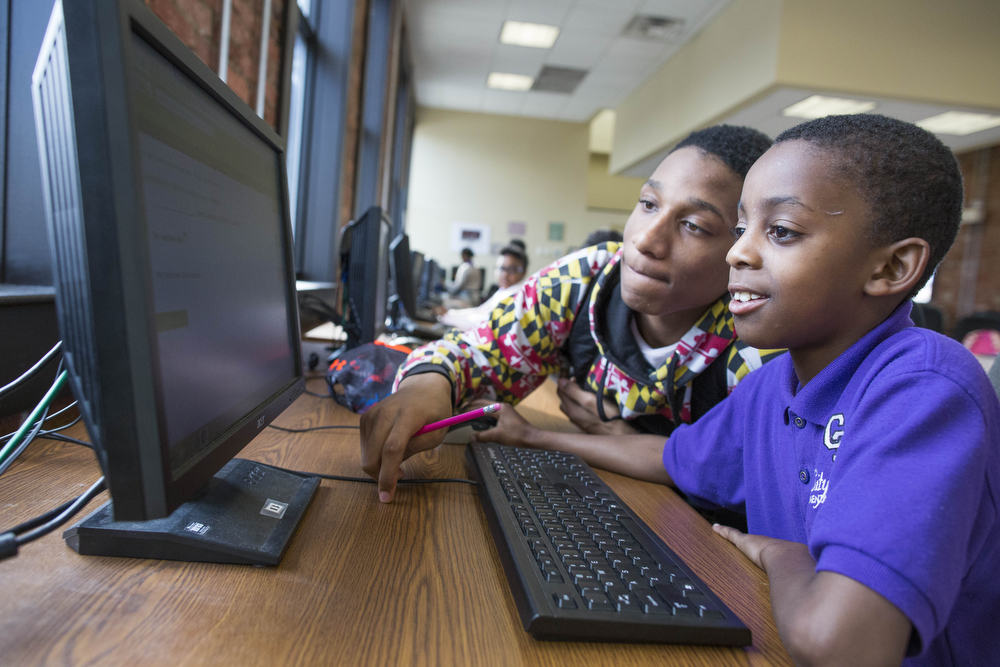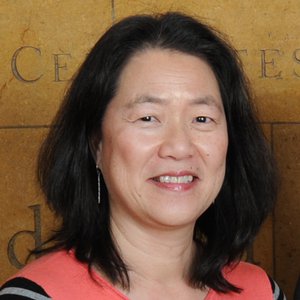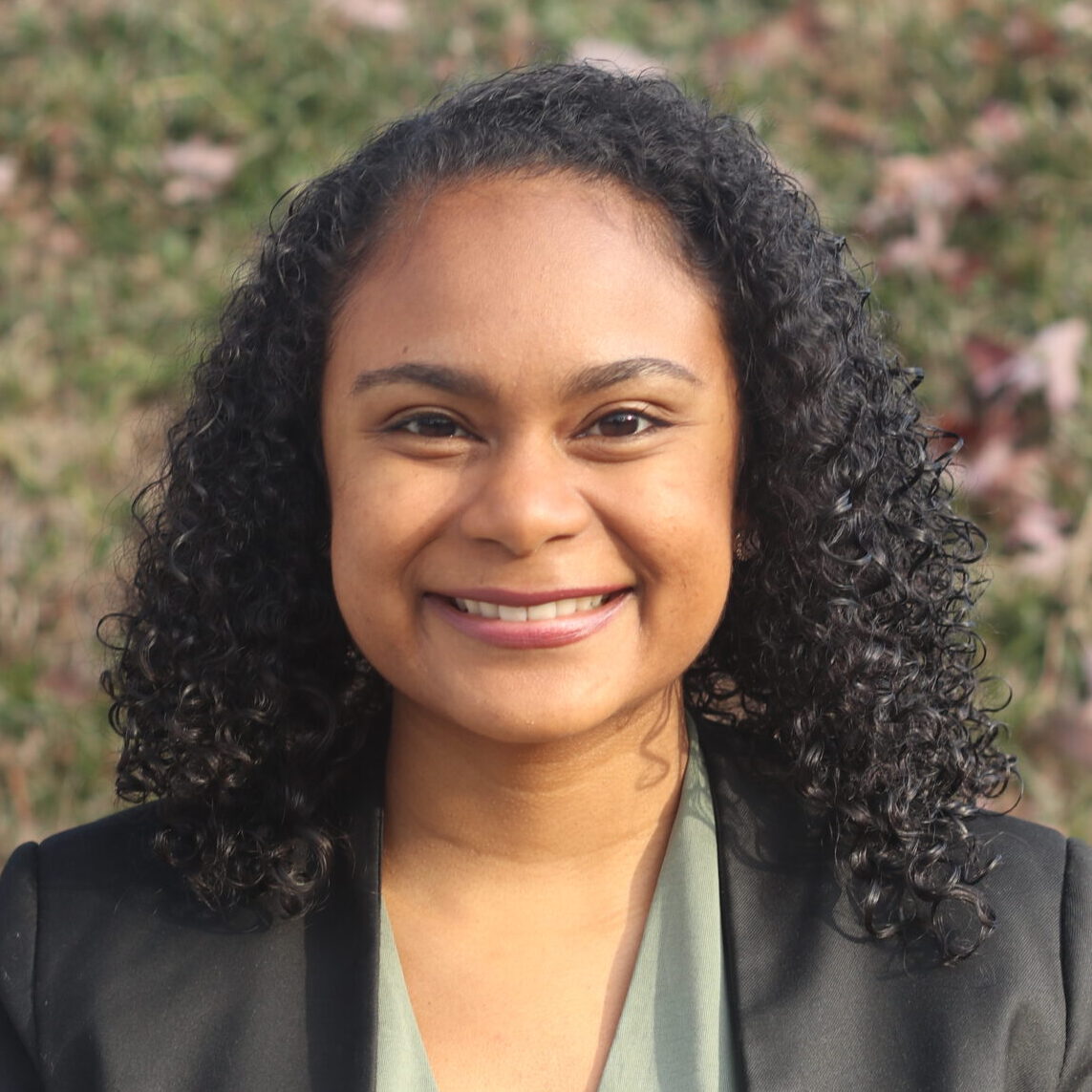
- This event has passed.
$65B to Advance Digital Equity: Leverage Opportunities and Challenges of State and Local Funders

Amina Fazlullah of Common Sense offered the above reflection during this July 20, 2022 GLR Week Funder-to-Funder Conversation on philanthropic opportunities for advancing digital equity.
In a conversation moderated by An-Me Chung, Ph.D., of New America, Fazlullah and her fellow panelists ― Cheri Coryea of The Patterson Foundation’s Digital Access for All Initiative, Shayna Englin, MPP, of California Community Foundation’s Digital Equity Initiative, Jack Lynch of EducationSuperHighway and Ashley Pollard, MPP, of PHLConnectED at the City of Philadelphia ― described how they came to the work of digital equity, the actions they are taking and their advice to funders.
The panelists discussed how affordability of broadband continues to be a major barrier to ensuring digital equity and noted how the Affordable Connectivity Program (ACP), a federal program launched under the 2021 Bipartisan Infrastructure Law, can help remove that cost barrier. Only 22 percent of eligible households had enrolled in the ACP at the time of this session and the panelists discussed how funders can play a key role in supporting trusted messengers to ensure families area aware of this resource and know how to sign up. While connectivity is critical, they explained that digital equity must also include access to devices and technical assistance. States are being tasked with developing plans for the deployment of the federal funds, and panelists encouraged funders to invest in advocacy efforts to ensure that those plans are informed by community voice and address the needs of those most in need.
The panelists discussed other opportunities provided through the unprecedented infusion of federal funding, including promoting more competitive options like municipal broadband and establishing free Wi-Fi networks in multi-family affordable housing complexes.
Panel








